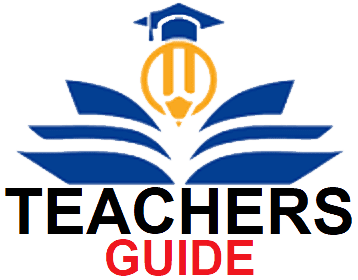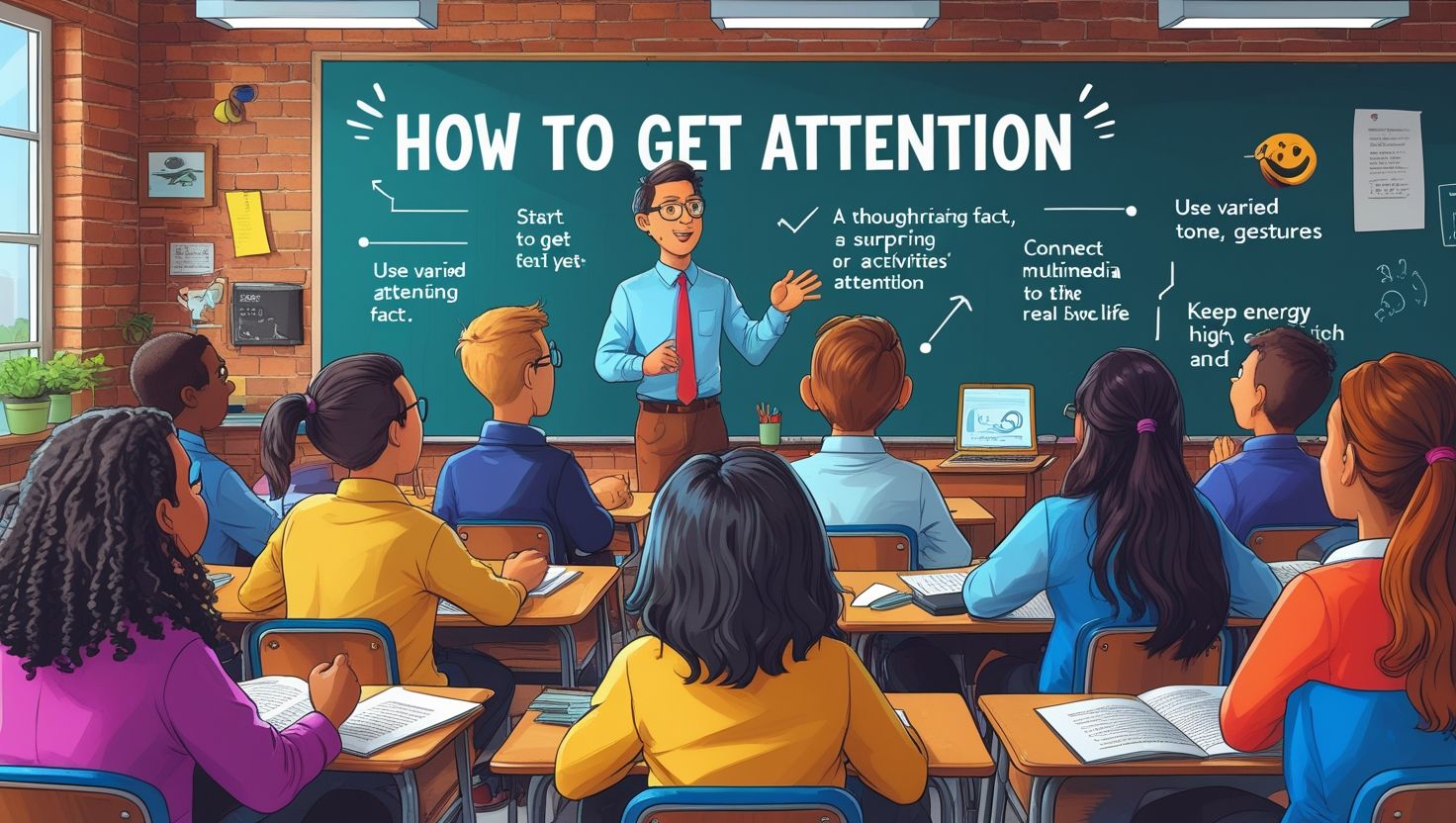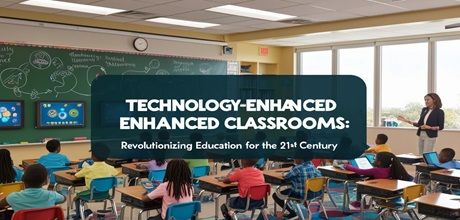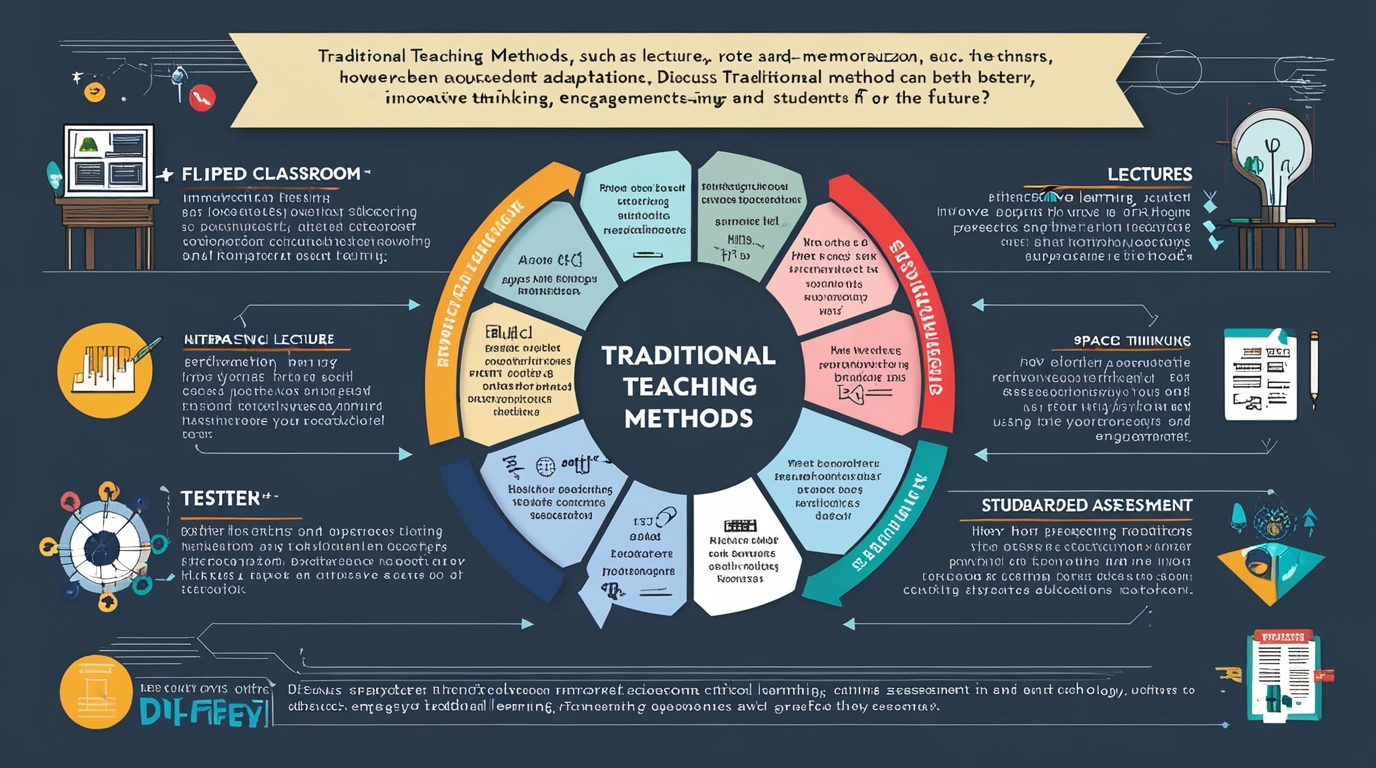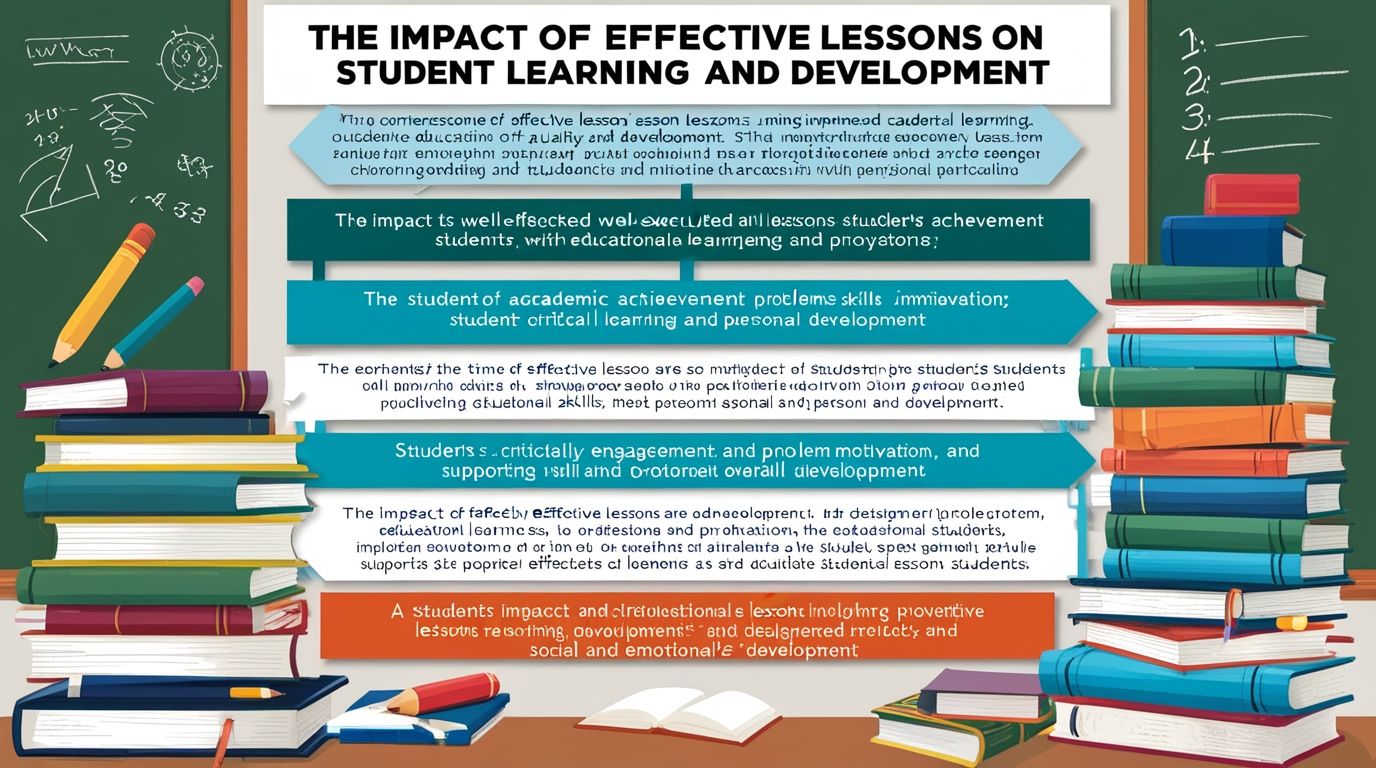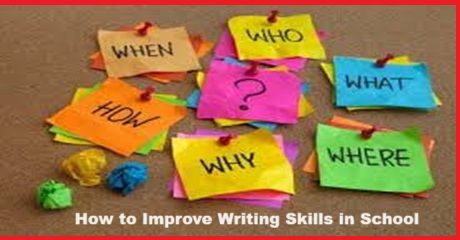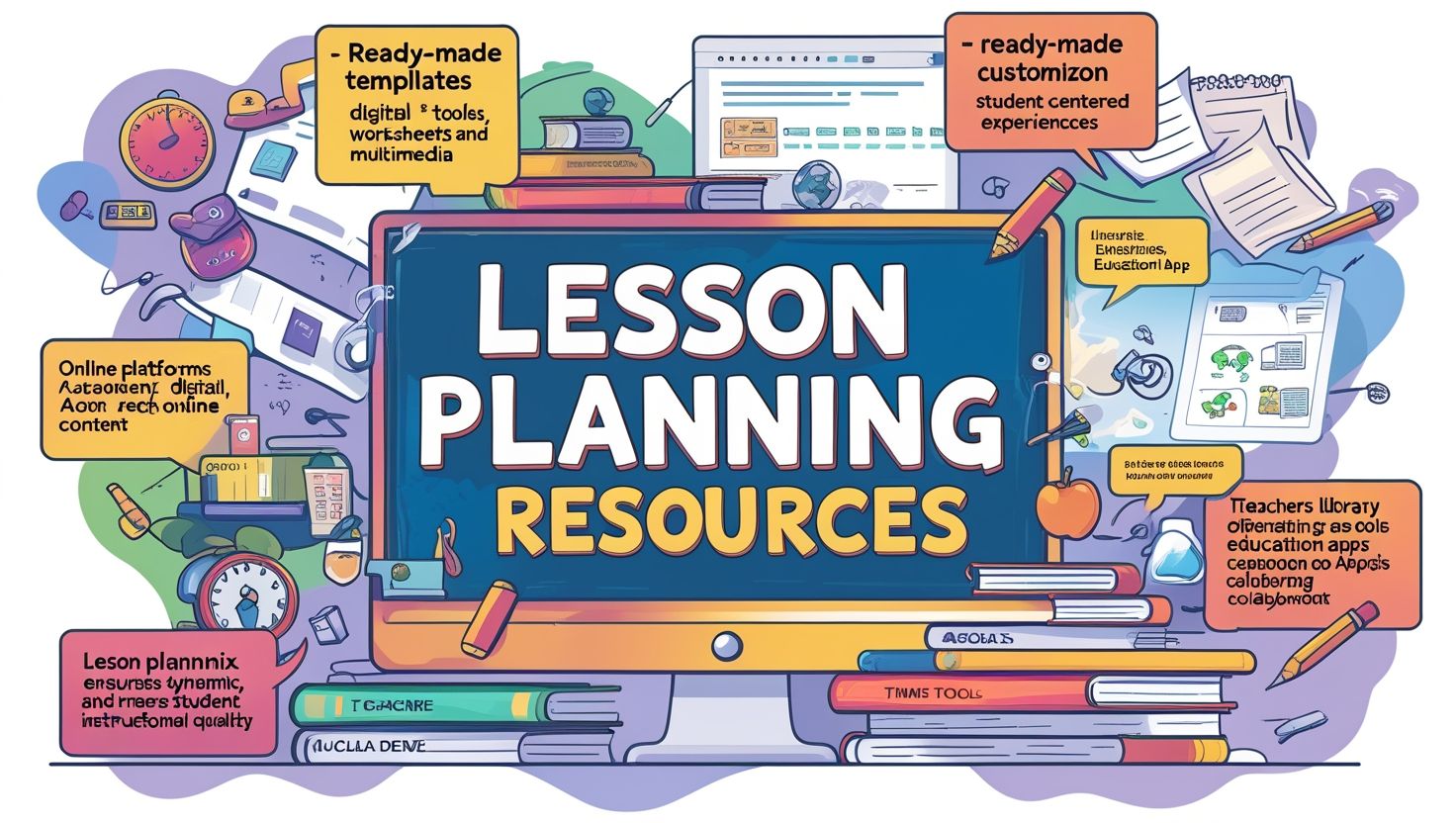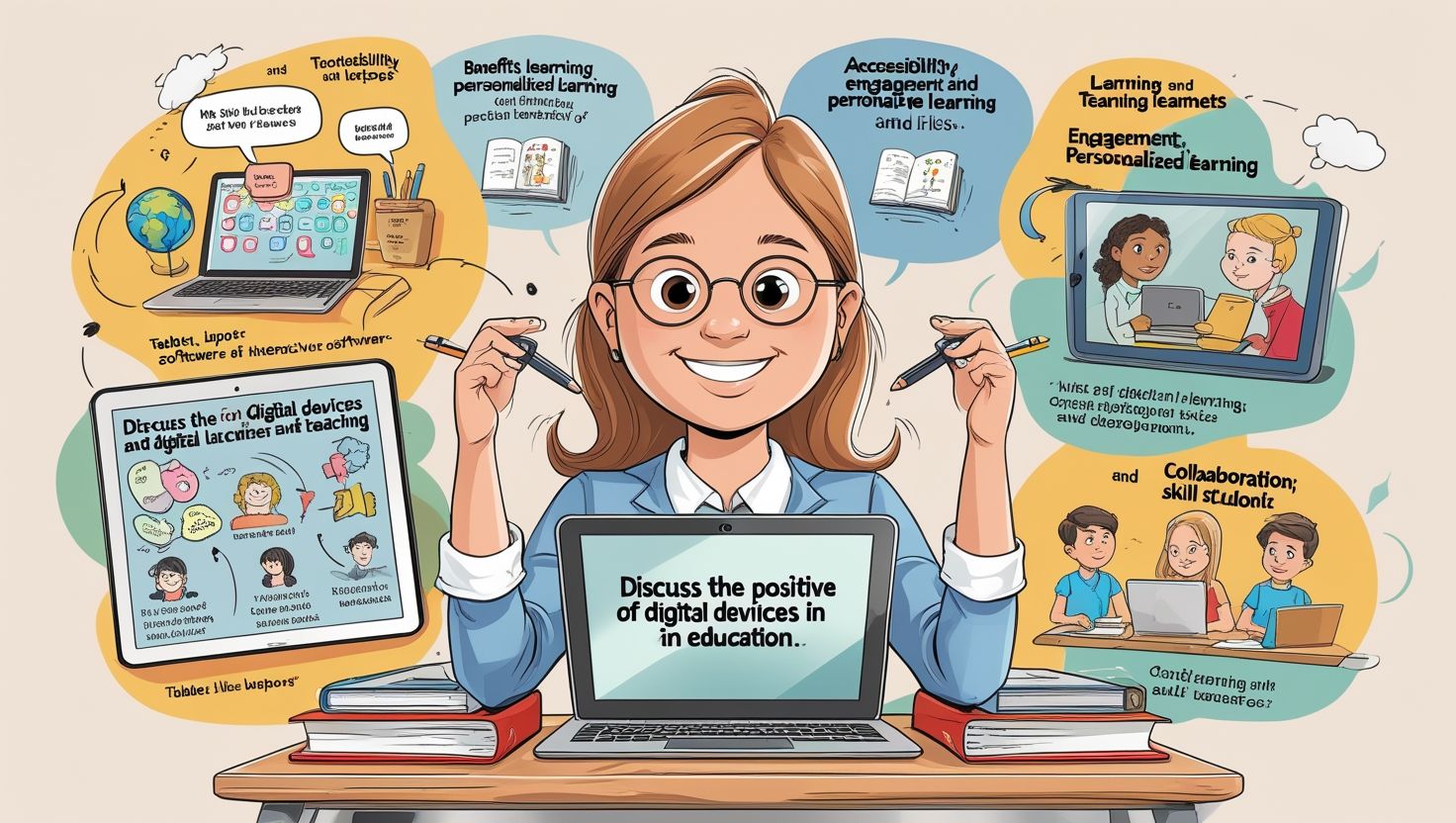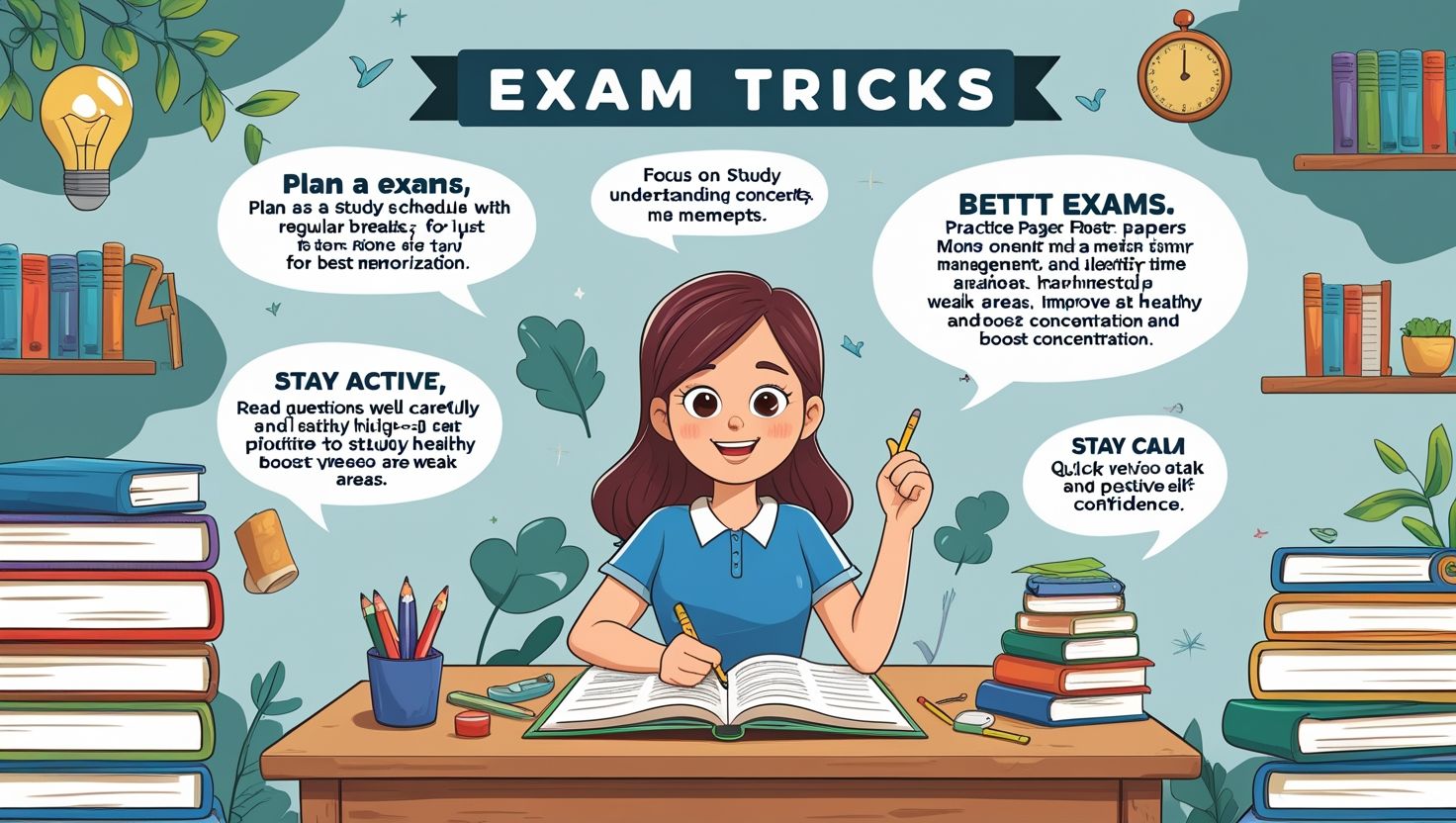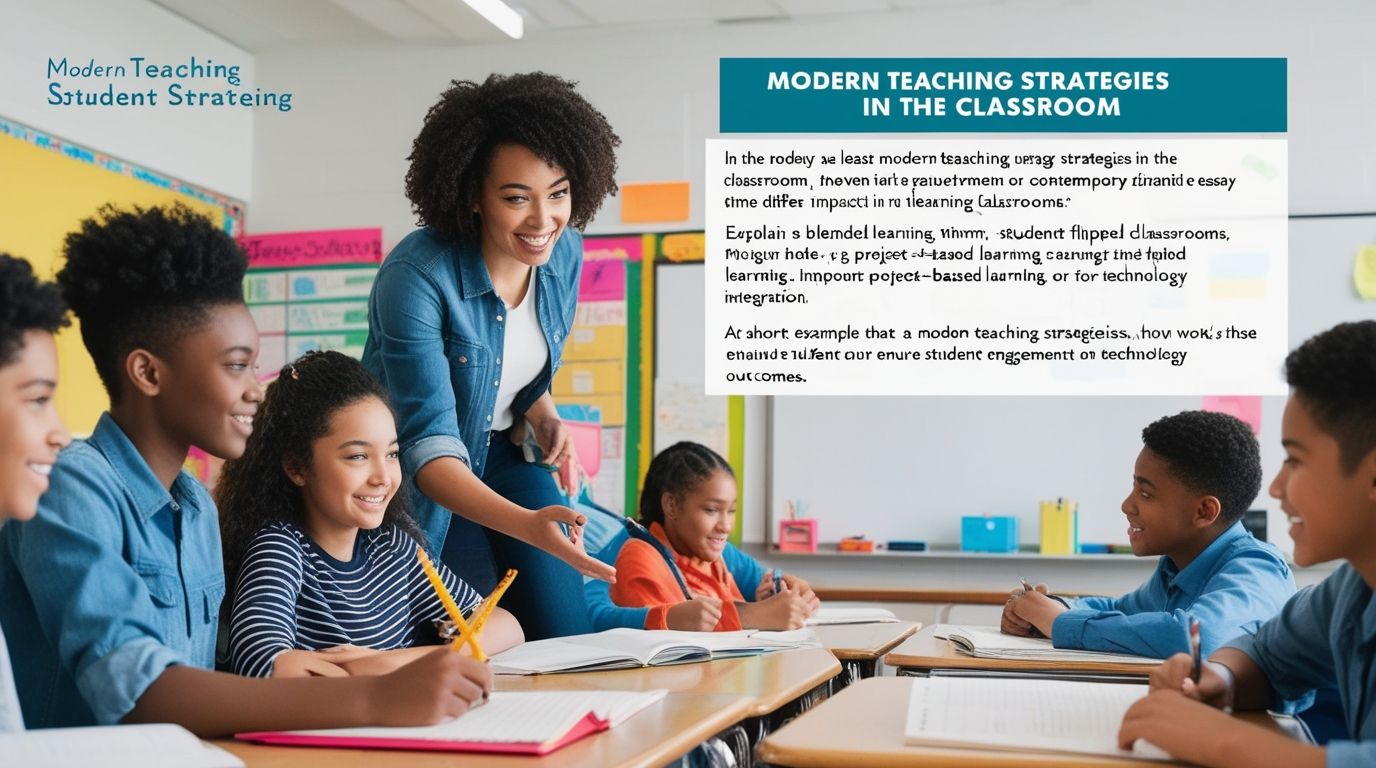How to Get Attention of Students in the Classroom Effectively
Introduction: How to Get Attention of Students in the Classroom Effectively, Capturing students’ attention is key to effective teaching. Start with a thought-provoking question, a surprising fact, or a quick interactive activity to spark curiosity. Use varied tone and gestures, incorporate multimedia, and connect lessons to real-life examples. Keep energy high, encourage participation, and break … Read more
